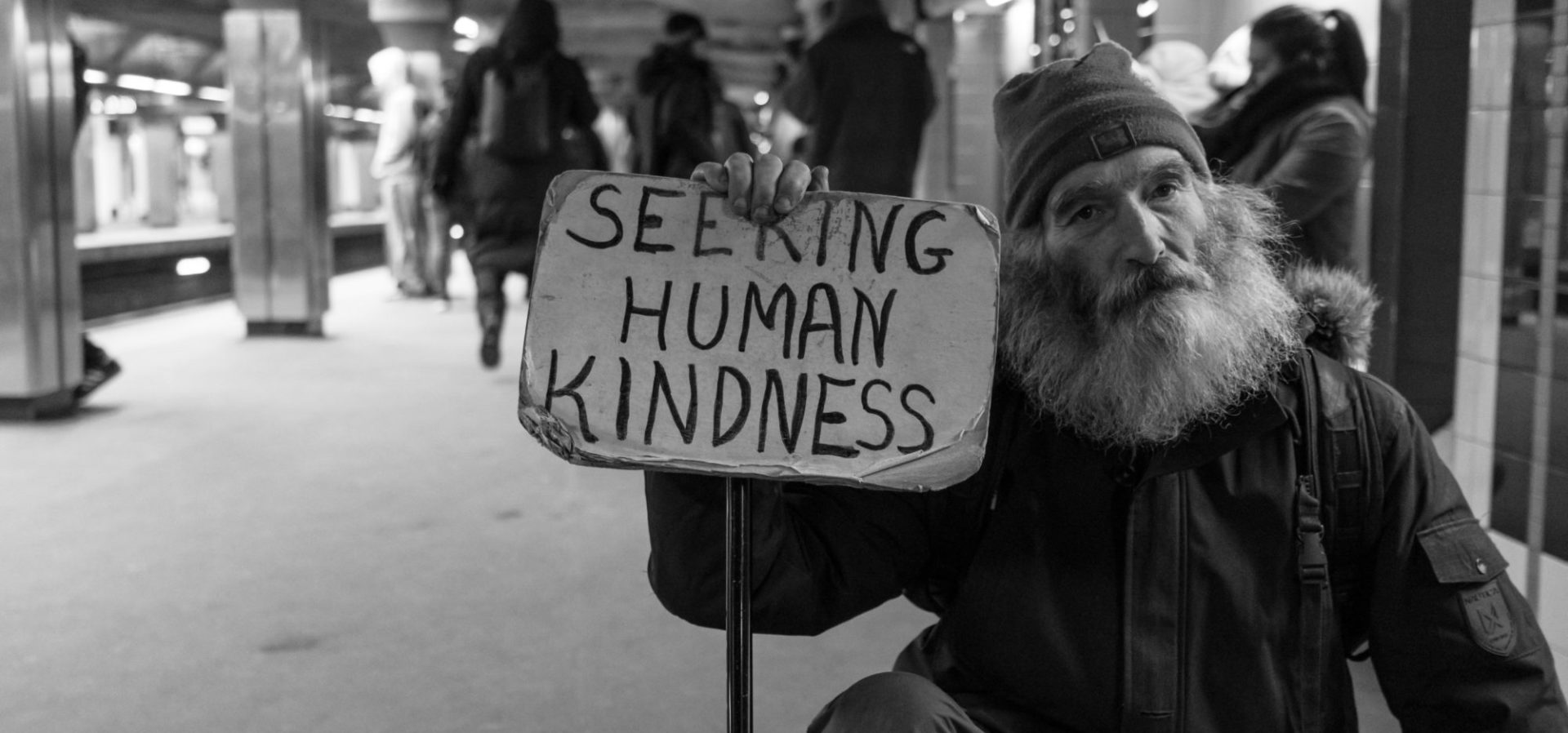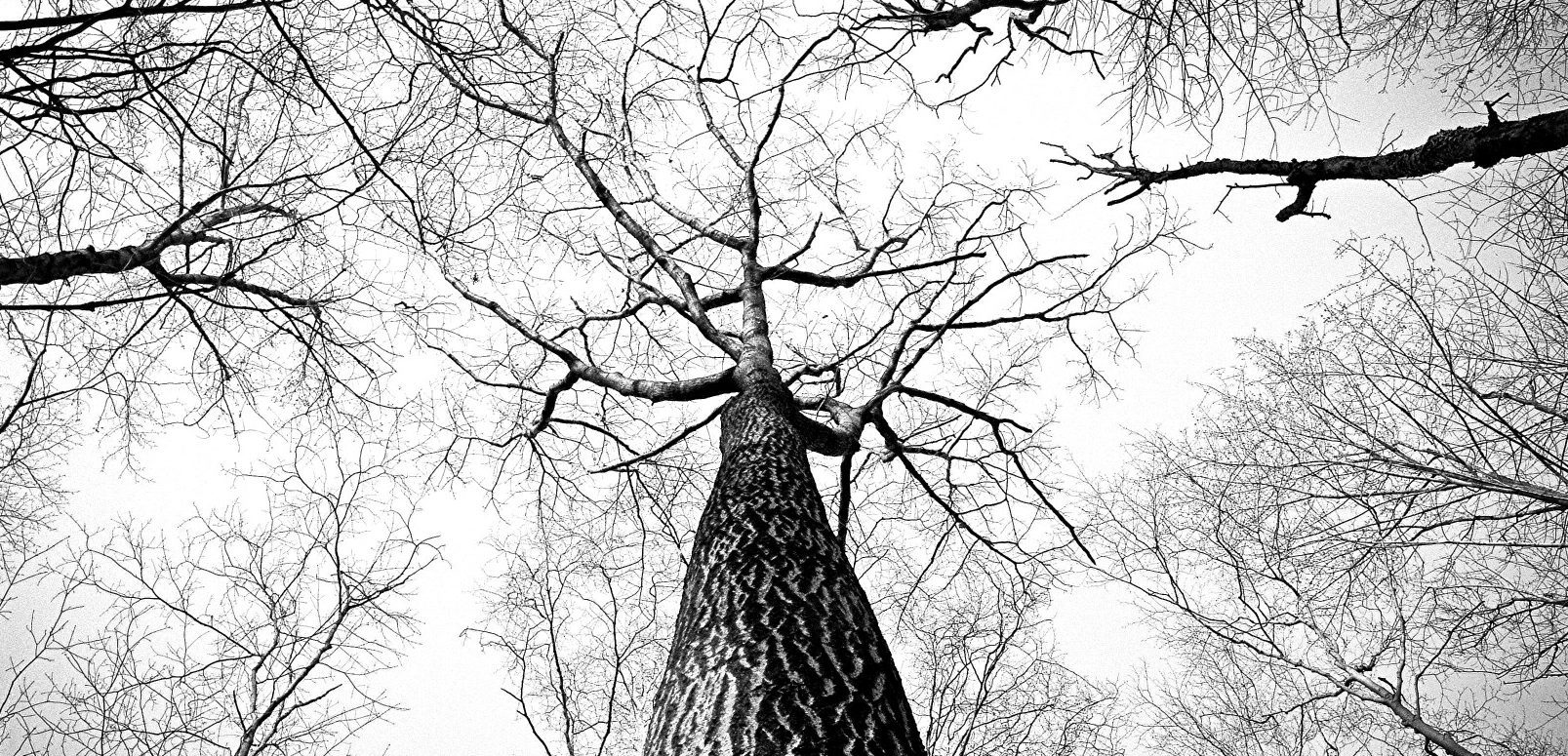When I was seven years old, I saw the movie “Groundhog Day”. That’s when I learned you could kill yourself by dropping a toaster in the bathtub. Every day of the first grade I walked home with that image flashing through my mind. As I mentally reviewed the days events; the words, “kill yourself, kill yourself, kill yourself” ran through my head. This pattern continued for another ten years until I was ready to do it.
At seventeen I was battling severe depression on a daily basis. Until one unremarkable day, I finally broke down. I was just trying to walk out of the house to go to school. All of a sudden I dropped my bag and actually fell down on my knees. My life started flashing in front of my eyes. Like a near-death experience but instead of seeing the past, I could see the future. I felt like I was being hollowed out, and then filled with a sense of absolute inevitability. I could see an empty future stretching out in front of me. Everything I might ever do; college, career, family, all of it became pointless.
The weight of depression was crushing my heart. Then suddenly I felt released from any guilt I was feeling about my mom finding my dead body.
This relief turned into a moment of pure clarity: my time to die had mercifully come at last. I now understood that since my suffering served no purpose, then my life had no meaning.
Then everything turned into anger. I directed all of it heavenward. How could God do this to me? In my mind, only a loving God should exist. But no loving God would take me to a place like this. There must be no God, I thought.
I stood up and started towards my bedroom closet to hang myself with a belt. But before I made it to the door, I had a thought: “I should say a prayer before I die.” It made sense because being ready to die feels kind of like a spiritual ritual. Out of this life and into the next. I knew the other side was waiting for me. A prayer made my premature exit from this life feel kind of official. It made sense me.
Then I remembered something I had learned from seminary class about the New Testament. I had been taught that Jesus would take away my burdens if I laid them down at his feet. I wasn’t sure what that meant. But I knew beyond a shadow of a doubt that if that theory wasn’t true, I was going to die. I knelt down again, this time to pray. I opened that prayer with a declaration of hate for God. “How could you do this to me? I’m supposed to be your child. What kind of a sick Father leaves his child in such darkness? You can’t possibly up there, watching over me”.
As my thoughts progressed I realized my whole heart was aching to know if God was real. Most importantly, to know if He is a God of love. And could he possibly, just possibly, love me.
So I kept praying. I asked if anyone was up there listening. I told Him I didn’t need a cure, just to know if I was loved. If I was loved then I could pass that love on to someone else, and my suffering would serve a purpose.
I said amen and then sat still for a few moments waiting for an answer. Nothing happened so I stood up. The moment I was on my feet, a powerful sensation of love came pouring into me. It flooded my whole body from the top of my head down to the tips of my fingers and toes. And without a doubt I knew: I am totally and unconditionally loved. There was no sin-stained corner of my spirit that His love did not penetrate. I was powerless to feel unworthy. I now knew that nothing I could ever do would ever hold back the power of God’s love for me. I know it wasn’t strength or willpower that saved me, it was the Atonement of Jesus Christ. I just had never put it to the test before.
That’s why I see it from the perspective of being spared. Like the way someone miraculously survives a car crash. I don’t know why some people overcome suicide and others don’t. I’ve debated a lot in my mind about how personally responsible someone is for killing themselves. I’ve come to the conclusion that sometimes mental illness is just terminal. Like how some people beat cancer and some don’t. No one should blame themselves for losing a loved one to suicide anymore than for losing someone to a disease.
I have also wondered, what the very least a person can do when they are the most depressed. After a lot of pondering on my experience with suicide I think I’ve come up with an answer. I was taken to a point where no earthly force could help me return. But in the moment before I was going to lose my life, I was able to say a prayer. I’m not the one who writes the doctrine but I believe that even in the darkest and most difficult circumstances we can communicate with God.
I would like to tell people who are considering taking their own life that I totally get it. There’s nothing inherently wrong with wanting to kill yourself. Yeah, it’s a dark place and it can feel shameful to be there. It’s not because you’re weak or a bad person. Ironically, something that I did learn from being in the darkest place I’ve ever been is that I am loved unconditionally. From that experience I know that God loves all of His children. No matter how broken you are, you are still wanted and needed. Sometimes all we can give is the opportunity for someone else to serve us. If the only strength you have is to just keep breathing in and out, that is enough for God. Just by being here, you are giving the world a gift.
Barely three years after this experience, I was in college and very depressed again. I didn’t have a doctor and was on no medication. I still thought depression was a normal state to be in. After several months and no relief in sight, I had an epiphany: it doesn’t hurt anymore if you give in and give up.
I felt very enlightened and finally able to put it into words. I didn’t feel worthless, I felt hopeless. I realized that even though I did well in school, was a talented artist, and probably had a career in the arts ahead of me, it was all meaningless. I realized that no matter how successful I became, I would never gain happiness and satisfaction from my accomplishments. Even though the world is in color, I could only feel gray. Nothing I did mattered anymore and there was no reason to keep trying.
I started feeling a burden being lifted again. This time it wasn’t a spiritual experience, but a counterfeight one. A peaceful feeling descended on me because I made a leap from hopelessness to relief. I realized that if my efforts to find happiness would always be fruitless, then I didn’t need to try anymore.
Now that the pressure was off, I could leave school and leave all my possessions behind. I had become free of my hopes and dreams. I started giving away all my art supplies and camera equipment. These things were now just a reminder that none of my favorite things could make me happy. This behavior weirded out a lot of people. After giving her all my camera equipment my friend told me, “I’ll just hang on to this until you want it back.” I can still remember the concerned look on her face.
It seemed like no one understood my new found freedom. They didn’t realize I had broken the code to being rid of depression. Just give up! I felt like a genius.
I was totally ready this time. No prayers or motivation to try to get out of the hole I had fallen into. Because there was no hole for me. I was flying among the clouds this time. “Happy” and at peace for the first time in what felt like my entire life.
Luckily for me, my mom was not quite ready for me to call it quits. I don’t know if anyone really understood what was happening to me but I’m sure somebody’s alarm bells were going off.
She “happened” to come across a new method of testing for mental illness at a place called the Amen Clinic. I was pretty indifferent about it except for the fact that I made it very clear that this was the last thing I was going to try. No more doctors or clinics after this.
So we loaded up the car and drove to Washington. I got injected with radioactive isotopes and got a magnetic scan of my brain. According to their metric, not only was I bipolar type one, but very bipolar type one. On their scale of 1 to 4, I was a 3.5. Nice. They told me to get a myself a doctor and a prescription for a mood stabilizer. Which I did.
After that, everything changed. Equal to how ready I was to kill myself, after the right medicine, I was finally ready to live.
Suicidal ideation still rears it’s ugly head. I am now 33 and would never say time of post-treatment has been easy. Every year seems to bring new challenges. I’m still sick, I still take a lot of drugs, I still see a lot of doctors. And sometimes, I still want to kill myself.
So what do I do? I’ve learned not to resist what’s happening without giving up and giving in. The act of resistance creates additional stress. The thing to resist is shame. So I acknowledge what’s happening and that it’s extremely unpleasant. But the more I let it move through me, the faster it goes away. I let myself cry as hard as I need to and most important of all, I find someone to talk to. You’d be surprised how quickly suicide dies when it’s brought out of the shadows and into the light.


